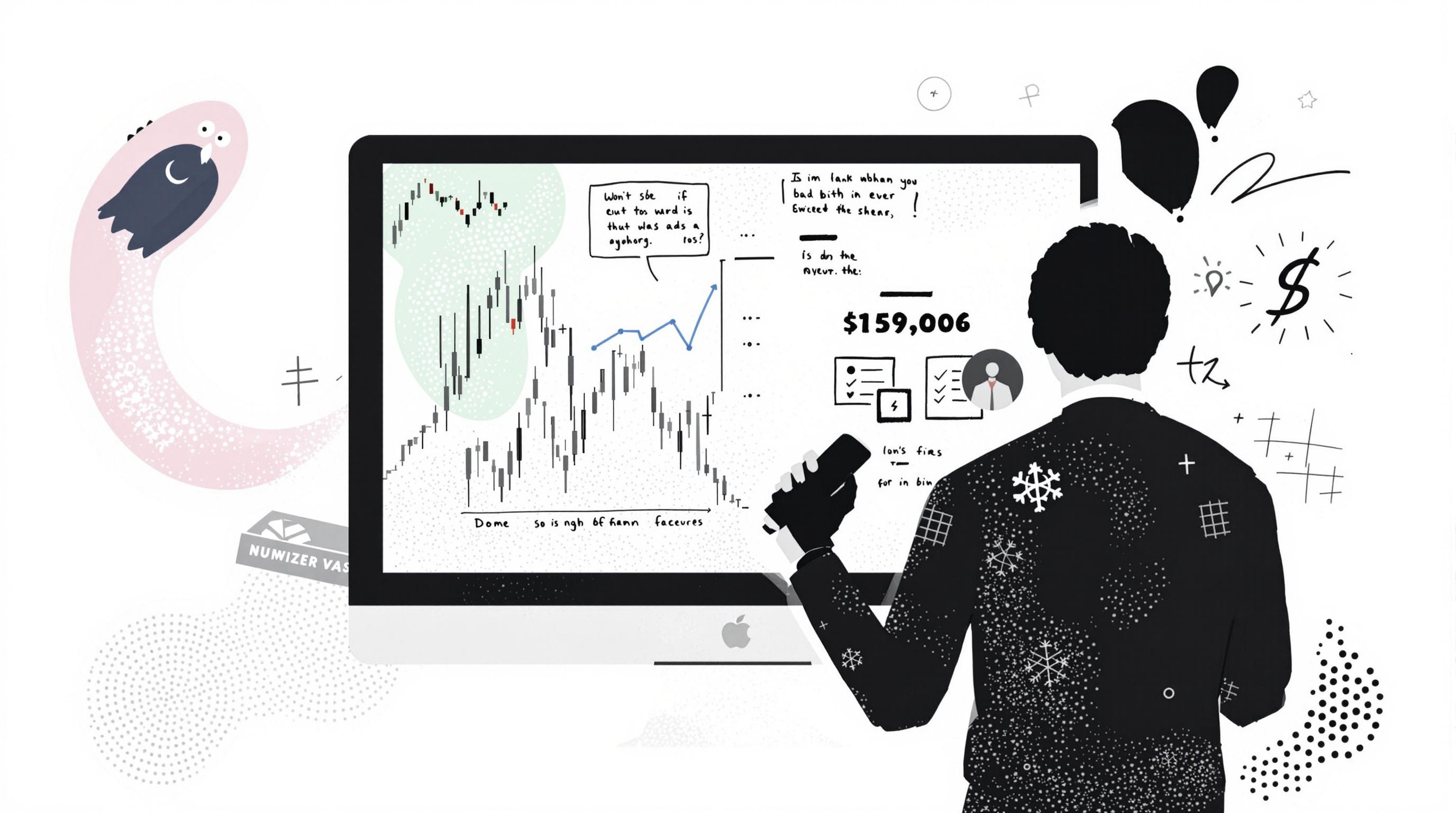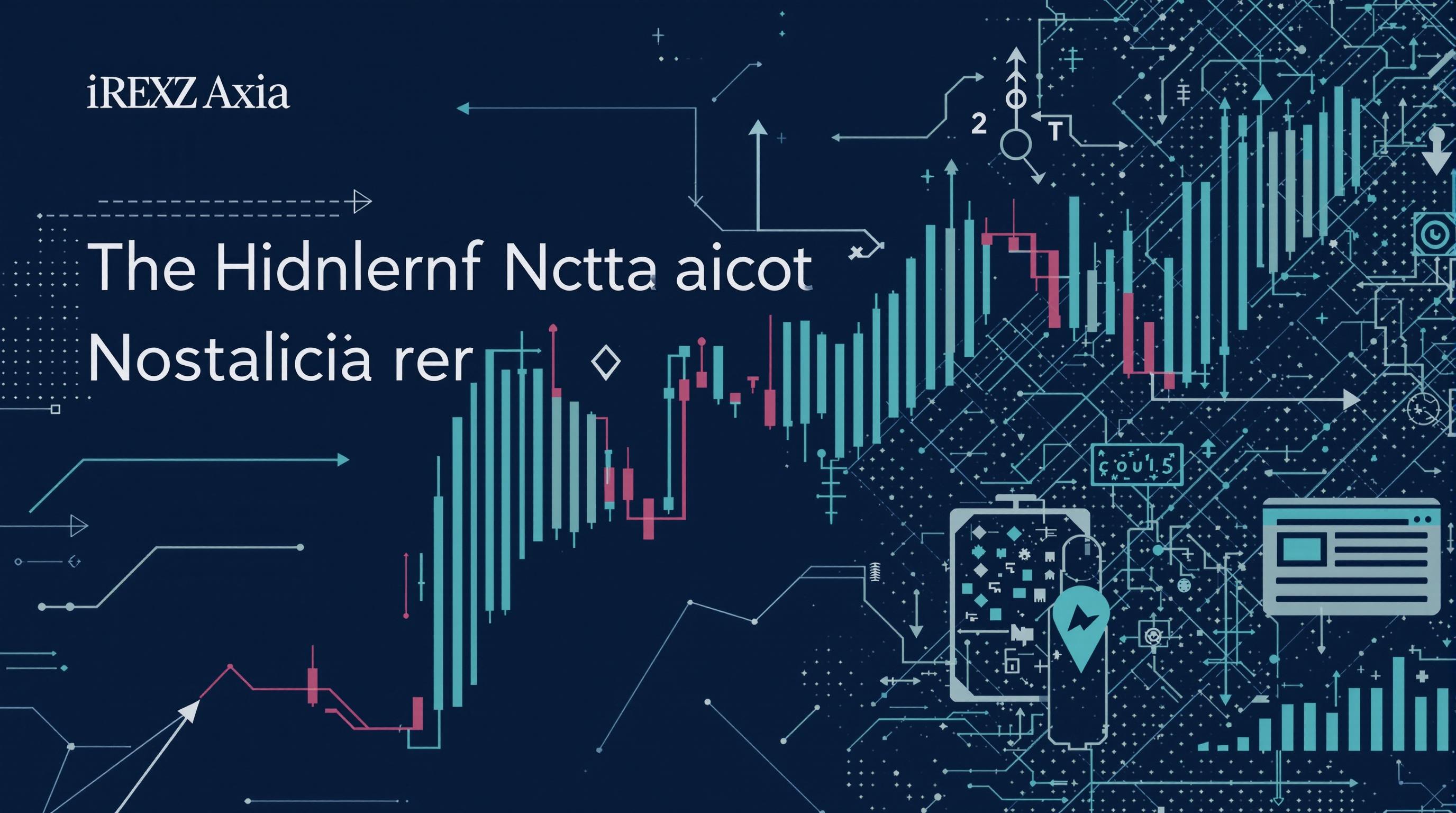Related Articles
- The Influence of Urban Legends: How Folklore Shapes Investor Behavior in Today's Financial Landscape
- The Role of Personal Narratives: How Your Story Shapes Investment Choices and Risk Tolerance
- The Ripple Effect: How Social Media Influencers Steer Investor Sentiment in Unexpected Ways
- Beneath the Surface: Investigating the Silent Influence of Underground Economies on Legitimate Market Trends
- Navigating the Bizarre: The Influence of Esotericism on Modern Investment Strategies and Market Speculation
- Rethinking Risk: The Surprising Link Between Urban Architecture and Financial Instability in Emerging Markets
The Ripple Effect: How Social Media Influencers Steer Investor Sentiment in Unexpected Ways
The Ripple Effect: How Social Media Influencers Steer Investor Sentiment in Unexpected Ways
In a digital age where information travels at lightning speed, social media influencers wield unprecedented power over investor sentiment, often in unexpected ways. This article explores the complex interplay between social media influence and market behaviors, shedding light on both the positive and negative repercussions.
The Influencer Economy: An Overview
To understand the ripple effect that social media influencers have on investing, we first need to comprehend the influencer economy. According to a 2021 report by Business Insider, the influencer marketing industry is expected to grow to $15 billion by 2022. This explosive growth signals a shift in how brands connect with consumers, but it also extends into financial markets.
The Psychology of Influence
Have you ever found yourself convinced to buy a product simply because someone you follow on Instagram raved about it? This underscores a psychological phenomenon called social proof. When an influencer shares their investment, their followers see it not only as a recommendation but also as validation of their choices. As a young financial analyst (age 25), navigating Twitter's #FinTok trend has revealed to me just how powerful this social proof can be—not just for consumer products but stocks and cryptocurrencies alike.
The GameStop Saga: A Case Study
The GameStop incident in early 2021 is a prime example of the ripple effect of social media on investing. Influenced by users on platforms like Reddit, thousands of small investors drove GameStop's stock price from around $20 to nearly $500, defying all traditional metrics of value. Social media influencers—whether intentionally or not—were at the heart of this phenomenon, encouraging a new wave of retail investors to "stick it to the man." Brands and fund managers are left baffled, needing to reconsider how they engage with these new investor sentiments.
The Role of Trust
One of the biggest factors that have helped influencers succeed in swaying investor sentiment is trust. According to a survey by the Digital Marketing Institute, 49% of consumers depend on influencers’ recommendations. This trust, fostered over years of online interaction, means that influencers have the power to guide their followers toward specific stocks or cryptocurrencies, often with little more than a post. But this reliance can be a double-edged sword. Are influencers truly knowledgeable, or are they just living off the hype?
Hit or Miss: The Consequences of “Winging It”
Now, let’s talk about the hits and misses. In 2021, Elon Musk took to Twitter and tweeted about his support for Dogecoin. Within hours, the cryptocurrency's value skyrocketed, illustrating how volatile market sentiment can be swayed by a simple tweet from a trusted figure. Though exciting, such unpredictable bursts of hype can leave the uninitiated investor in the dust, especially when reality doesn’t align with expectation. This is where the risks come in, and new investors must remain cautious.
Norms and Culture in Investing
The influencer culture can sometimes set unrealistic expectations about financial success. Gone are the days when investing was a painstakingly slow process reserved for “the experts.” A friend of mine, Jeremy, an enthusiastic 27-year-old trader, recently started out his investment journey after binge-watching influencer videos, thinking he could turn $1,000 into $100,000. Spoiler alert: it didn’t quite work out that way. It’s crucial to separate entertainment from education, and yet, many fail in this regard.
The Casual Trader: A New Breed of Investor
With influencers painting a rosy picture of day trading, a new demographic—primarily young and tech-savvy—has entered the stock market. According to Charles Schwab, the number of younger, self-directed investors—those under 30—grew by 32% in just one year. Influencers have made investing feel accessible and even fun, but this casual approach has led to some rough patches.
The Clutch of FOMO (Fear of Missing Out)
FOMO is a real issue among followers of financial influencers. Stories of friends hitting the jackpot with an investment can lead to impulse buying. The 2020 rise of “meme stocks” is an indicator of this trend; stocks like AMC and GameStop weren't just bought for their fundamentals but because they were part of a community conversation. In the excitement of potentially being part of a financial revolution, many traders overlook the risks involved.
The Lingering Doubt
This chaotic landscape raises another question: can social media influencers be trusted for sincere advice? While influencer marketing has its merits, there are pitfalls. An analysis from the Wall Street Journal found that financial influencers often promote their own investment positions without disclosing potential conflicts of interest, leading consumers down a perilous path. Ethical transparency is vital, and new investors should approach influencer-led investment advice with a discerning eye.
A Cautionary Tale: The Cryptocurrency Craze
Cryptocurrencies have become a hot topic in recent years, and influencers have been at the forefront of this meteoric rise. However, this rush has not come without a price. A cautionary tale is the case of BitConnect, which, at its height, was promoted by various influencers as a revolutionary investment opportunity. Fast forward to 2018, and it became notorious as one of the largest Ponzi schemes in cryptocurrency history, leading countless investors to lose their hard-earned money. This illustrates the dual-edged sword of influencer impact—what starts as a trend can quickly become a financial disaster.
Rallying the Troops: Influencers as Community Builders
Despite these risks, investors do find community through influencers. Platforms like TikTok and Instagram have become hubs where young people come together to share tips, strategies, and support. The sense of belonging that comes with these communities can serve as a comforting crutch in a volatile market—after all, who doesn’t want a place where they can brainstorm investment ideas? Disposable income has allowed them to dive into the stock market, but community is what keeps them in the game.
Conclusion: The Good, the Bad, and the Influential
The influence of social media personalities on investor sentiment is both a blessing and a curse. As the new generation of investors navigates this digital landscape, they must be equipped with tools to discern the hype from reality. Understanding the psychology behind influence, the importance of community, and the inherent risks can help them make educated decisions. So, the next time you see your favorite influencer touting the next big stock, remember to keep your wits about you and invest wisely. After all, with great power comes great responsibility, not just for influencers but for their followers as well.




